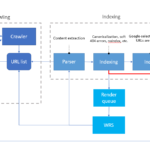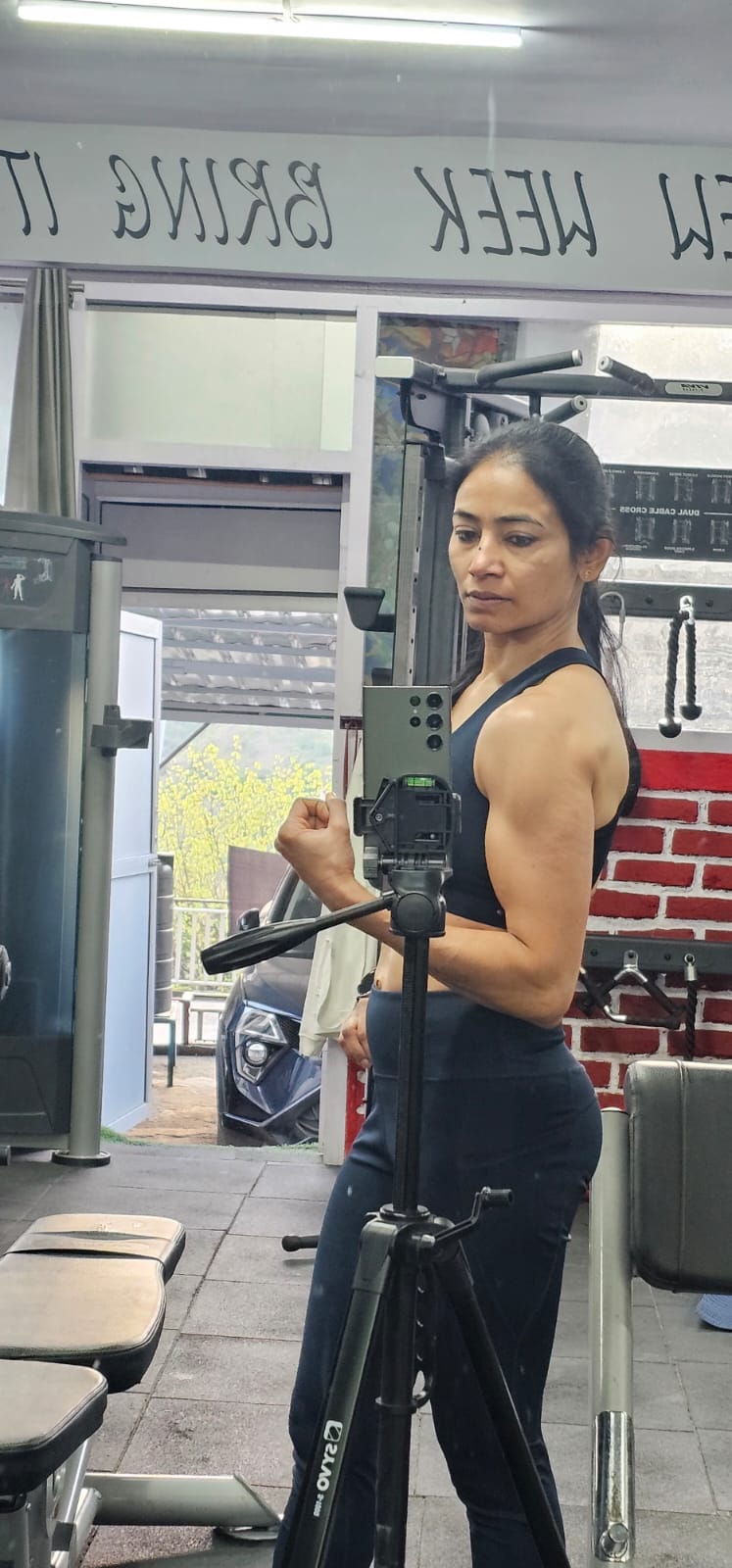9 Proven Fat Loss Tips for Beginners: A Simple, Sustainable Guide
By Bhumi Khajuria | #FittrCoach
Keywords:
fat loss tips, sustainable fat loss, beginner fat loss guide, weight loss coach, fitness coach, weight training for fat loss, fat loss diet, calorie deficit for fat loss, #fittrcoac
Hey there!
Feeling overwhelmed by all the fat loss advice out there? Trust me, you’re not alone. I’ve been exactly where you are—and I know how confusing it can be to figure out the right way to start. That’s why I’m sharing a simple, sustainable approach to fat loss that actually works in real life.
Remember: fat loss is a journey, not a race. It’s about building small habits consistently. Let’s dive right into it!
1. Calculate Your Caloric Needs
Fat loss begins with creating a calorie deficit—meaning, you consume fewer calories than your body burns.
Start by calculating your maintenance calories using a reliable online calculator. Then, reduce your intake by about 200–300 calories per day.
This slow, controlled approach ensures sustainable fat loss without leaving you feeling drained or deprived.
2. Set Your Protein Intake Right
Protein is your best friend during fat loss!
It not only keeps you fuller for longer but also helps preserve lean muscle mass as you lose fat.
Aim for about 0.8 to 2 grams of protein per kilogram of your body weight.
Great sources include chicken, fish, tofu, legumes, and eggs.
3. Prioritize Whole Foods
Fill your plate with whole, nutrient-dense foods:
- Vegetables
- Fruits
- Lean proteins
- Whole grains
Whole foods are packed with essential nutrients and help you feel satisfied for longer periods, reducing the chances of unnecessary snacking.
4. Get Enough Fiber
Fiber is essential for healthy digestion and steady blood sugar levels.
Aim for 25–30 grams of fiber daily from foods like oats, beans, berries, broccoli, and chia seeds.
Fiber-rich foods also keep you full, making it easier to maintain a calorie deficit without feeling hungry all the time.
5. Make Weight Training a Priority
Want a toned, strong body while losing fat?
Strength training is non-negotiable.
Start with 3–4 sessions per week, focusing on compound movements like squats, deadlifts, push-ups, and rows.
Gradually increase your weights as you get stronger.
Remember, lifting weights won’t make you bulky—it’ll make you lean and powerful!
6. Get Moving More Throughout the Day
Fat loss isn’t just about gym time. Your daily movement matters too!
Start tracking your steps and aim to gradually increase:
- If you currently walk 2,000 steps, work up to 5,000.
- Eventually, aim for 8,000–10,000 steps per day.
Simple activities like walking, stretching, and household chores add up significantly over time!
7. Prioritize Quality Sleep
Sleep is a game-changer for fat loss.
Aim for 7–8 hours of quality sleep every night.
Poor sleep affects your hunger hormones, recovery, and workout performance.
Limit screen time before bed, create a relaxing night routine, and stick to a consistent sleep schedule.
8. Focus on Progress, Not Perfection
Remember, no one is perfect—not even professional athletes!
If you slip up and miss a workout or overeat at a meal, don’t stress. Progress comes from consistency, not perfection.
Focus on getting back on track with your next choice.
Small, positive actions repeated over time lead to massive results.
9. Be Patient and Trust the Process
This is the most important tip of all: be patient.
Fat loss takes time.
You didn’t gain weight overnight, and you won’t lose it overnight either.
Celebrate small wins, stay disciplined, and trust that your efforts will pay off.
FAQs About Fat Loss |
1. How much of a calorie deficit should I aim for fat loss?
Start with a moderate calorie deficit of 200–300 calories per day.
Too large a deficit can slow your metabolism and make fat loss harder to sustain. Small, steady progress is the key.
2. Can I lose fat without giving up my favorite foods?
Absolutely!
Fat loss is about overall calorie balance, not cutting out your favorite meals. Practice moderation, portion control, and balance with whole, nutrient-dense foods.
3. How important is protein for fat loss?
Very important!
Protein preserves lean muscle mass during fat loss, keeps you fuller for longer, and helps manage cravings. Aim for 0.8–2 grams of protein per kg of body weight.
4. How many days a week should I lift weights to lose fat?
For beginners, 3–4 days of strength training per week is ideal.
Focus on compound exercises and progressively increase the weight you lift over time.
5. Is cardio necessary for fat loss?
Cardio is helpful but not mandatory.
Strength training combined with a calorie deficit is the most efficient way to lose fat. Cardio can complement your routine to improve heart health and burn extra calories.
6. Why is sleep so important for fat loss?
Lack of sleep can disrupt hunger hormones (ghrelin and leptin), making you feel hungrier and leading to overeating.
7–8 hours of quality sleep per night helps regulate these hormones and supports recovery and fat loss.
7. How long will it take to see fat loss results?
It depends on your starting point, consistency, and goals.
Most people start noticing visible changes within 4–8 weeks with consistent nutrition, training, and sleep habits.
8. What should I do if I hit a fat loss plateau?
If progress stalls:
- Review your calorie intake (you may need a slight adjustment)
- Increase daily movement (steps or cardio)
- Improve sleep and manage stress
- Stay patient—plateaus are normal and can be overcome with small tweaks.
Final Words:
Fat loss success isn’t about doing everything perfectly—it’s about staying consistent and making small improvements every day.
Stay patient, trust the process, and keep showing up for yourself!
Ready to start your sustainable fat loss journey? Let’s do it together!
– Bhumi Khajuria | #FittrCoach









